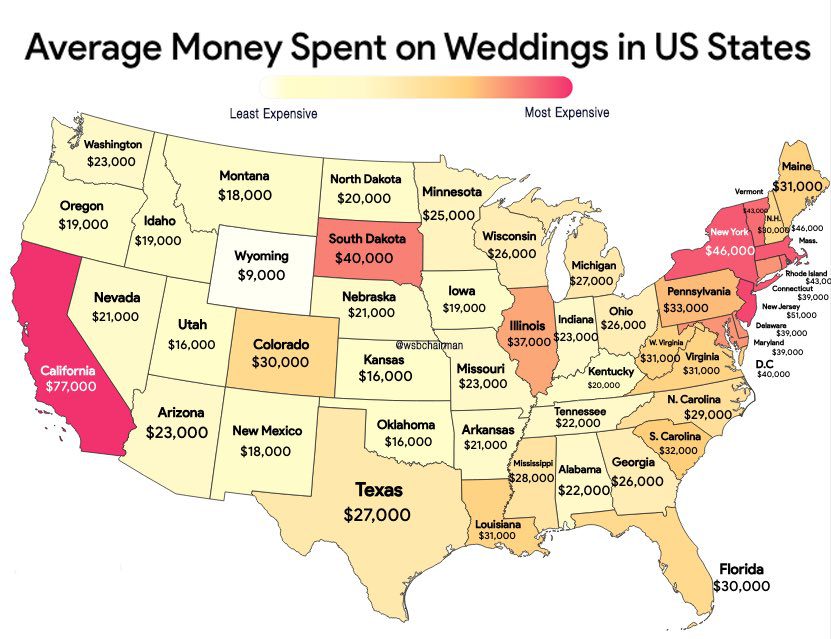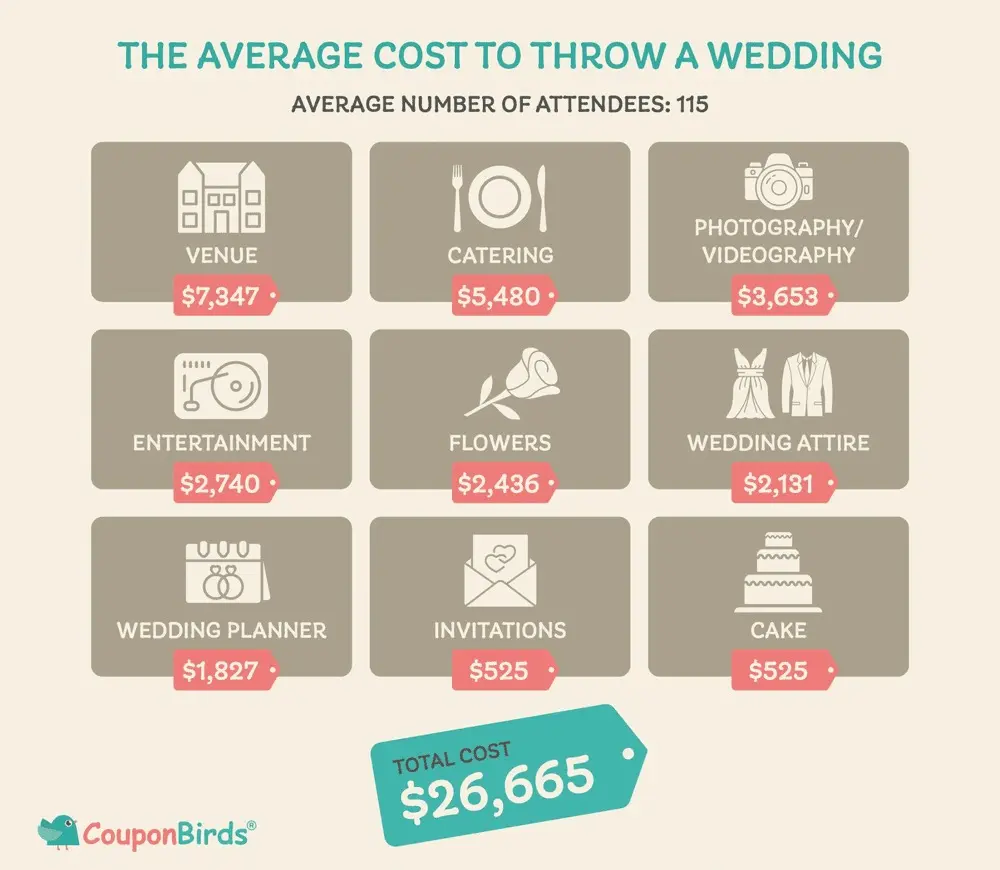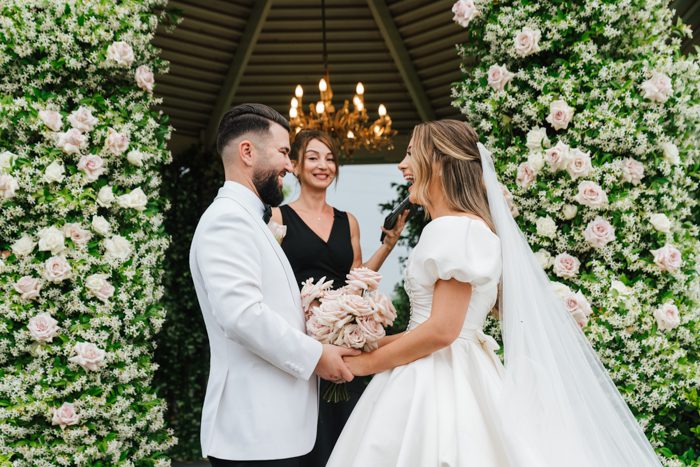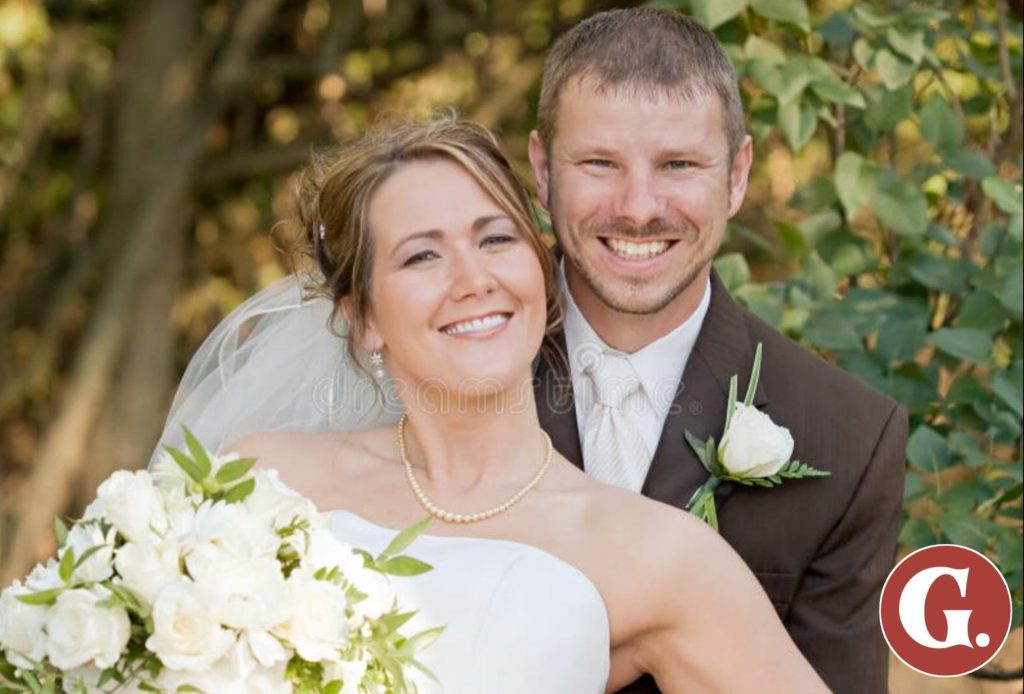Why Couples Spend $35,000 on a Wedding That Lasts Just Six Hours — and How It Could Be Hurting Their Marriage Before It Even Begins
It’s a strange contradiction of modern love — couples spend months, sometimes years, planning the perfect wedding, pouring every ounce of energy, creativity, and often their life savings into making one single day as magical as possible. Yet, for all the glitz, the curated Instagram moments, and the meticulously chosen details from the napkin color to the flavor of the cake, the entire celebration typically lasts just six hours. Six hours that cost, on average, $35,000 in America, according to The Knot’s 2023 Wedding Report. That’s a down payment on a home. That’s several years of college tuition. That’s a luxury car. But for many, it’s simply “what a wedding costs” these days.

The price tag isn’t just a number. CNBC reports that nearly half of couples — 45% — start their married life in debt because of their wedding. And research cited in the APA Journal of Financial Therapy shows that disagreements over money increase the likelihood of divorce by about 30%. Which means the very day that’s meant to mark the beginning of a life together can, for many, also mark the start of serious financial strain.
It’s not that people don’t know weddings are expensive. Anyone who’s planned one can tell you how quickly the costs spiral — the venue, the catering, the flowers, the photographer, the DJ or live band, the dress, the tux, the décor, the invitations. It’s like stepping onto a moving conveyor belt where every stop has a price tag. But what’s harder to see is the way those costs ripple into the relationship long after the champagne flutes have been collected and the last guest has gone home.

Financial stress has a way of seeping into everything. Psychologists often talk about how it’s not just the money itself, but what it represents — security, safety, future stability. When that’s jeopardized, it can erode trust, make couples resent each other, and turn once romantic moments into tense conversations about bills and budgets. Imagine two newlyweds who just spent the first month of marriage staring at credit card statements from their dream wedding, realizing that every dinner out, every trip, every “fun” expense for the next few years is going to have to be weighed against their repayment plan. That’s not exactly the fairy-tale start most people envision.
Experts point out that the “big day” mentality has been fueled by a culture that equates love with spectacle. The bigger the party, the more extravagant the décor, the more proof of love and success — or so the unspoken narrative goes. Social media has amplified this pressure. Couples don’t just plan weddings anymore; they produce events designed for sharing online. From drone-shot videos to multi-tiered cakes that could rival an architectural masterpiece, the wedding industry thrives on the idea that bigger is better.

But when you step back, the numbers can feel staggering. Six hours for $35,000 works out to nearly $6,000 per hour — more than most people earn in several months. And unlike buying a home, a business, or even a car, there’s no long-term asset to show for it. Yes, you have the memories, the photos, and the video, but financially, it’s a one-day expenditure with years of repayment for many couples.
That’s not to say weddings shouldn’t be special. They’re deeply meaningful cultural and personal milestones, and there’s something beautiful about gathering family and friends to celebrate love. But psychologists and financial advisors alike are increasingly suggesting that couples rethink what “special” means. Could it mean a smaller guest list? A less formal venue? A focus on experiences rather than elaborate décor? Could some of the budget be redirected toward building a future together — buying a home, starting a joint investment, or even taking a long honeymoon?
Because here’s the hard truth: the marriage is what lasts. The partnership you’re building has to weather far more than a single afternoon of celebration. And starting that journey burdened by debt doesn’t just make the road harder — it can, for some, be the thing that leads them off course entirely.

It’s easy to be swept up in the romance of the moment, to feel like you’ll never have another chance to bring everyone you love together in one room, to want to make it as magical as possible. But “magical” doesn’t have to mean “financially draining.” Some of the most joyful weddings happen in backyards, on beaches, in small community halls, with potluck dinners and homemade cakes. The magic is in the people, the laughter, the vows, and the love — not in the price tag.
For couples planning their big day now, the challenge is to balance the desire for a beautiful wedding with the reality of life after the last toast. Because when the music fades and the lights dim, what you’re left with isn’t the floral arrangements or the centerpieces — it’s each other. And that’s worth protecting, even if it means cutting a few corners on the “perfect” wedding.
In the end, spending less on the wedding isn’t about sacrificing beauty or meaning; it’s about making sure the beauty and meaning of your relationship isn’t overshadowed by financial stress. It’s about remembering that a wedding is a day, but a marriage is a lifetime — and that the best investment you can make is in the life you’re building together.


